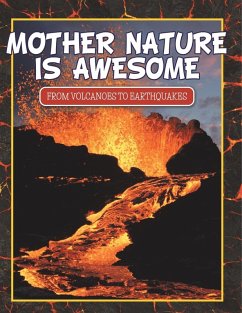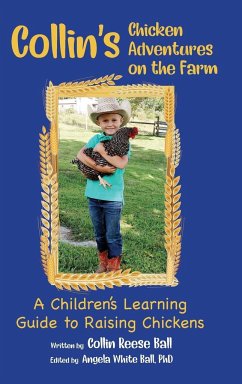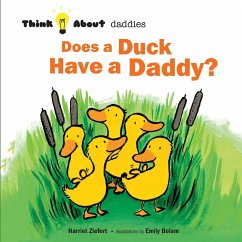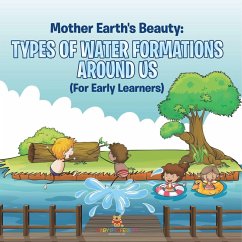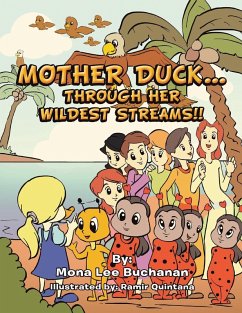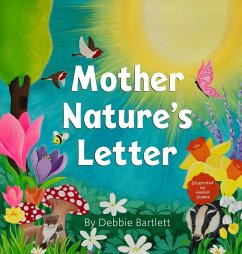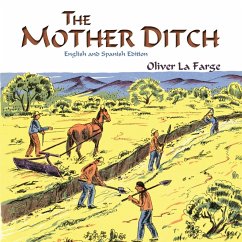
The Mother Ditch
Versandkostenfrei!
Versandfertig in 1-2 Wochen
15,99 €
inkl. MwSt.

PAYBACK Punkte
8 °P sammeln!
The mother ditch, or acequia madre, is the main water line that is dug by hand and feeds many of the smaller acequias that cover the fertile land of Northern New Mexico. The acequias, water ditches, were used to irrigate the fields of crops for many farmers in the early days of settlement in New Mexico. A unique technology, the acequia, especially the mother ditch, had to be taken care of by everyone in the community that benefited from its generosity. A governing body was established to watch over the utilization and maintenance of the ditch. The mayordomo was the top elected official to pres...
The mother ditch, or acequia madre, is the main water line that is dug by hand and feeds many of the smaller acequias that cover the fertile land of Northern New Mexico. The acequias, water ditches, were used to irrigate the fields of crops for many farmers in the early days of settlement in New Mexico. A unique technology, the acequia, especially the mother ditch, had to be taken care of by everyone in the community that benefited from its generosity. A governing body was established to watch over the utilization and maintenance of the ditch. The mayordomo was the top elected official to preside over the governing council, and he was also required to perform numerous responsibilities representative of the people of the community. The acequia was truly one of the last vestiges of a life where people depended on each other for survival. The life of the community revolved around the acequia. Cooperation was essential to ensure everyone’s sustenance. Today, many of the acequias the early settlers of New Mexico depended on have dried up. Yet, when one stands in the footings of these sand pits, you can feel the presence of the power of water that was so significant to the development of human progress in this part of the continent. English and Spanish edition.




